Main Topics of Research
River Rhine Ecology
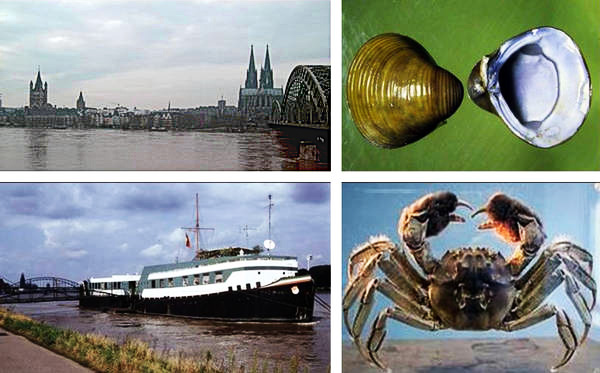
We try to understand the functioning of large river ecosystems. Our group is running a large research laboratory on the River Rhine which offers the extraordinary possibility to study the biology of running water animals in situ in flow channels and exposed substrates independent of the water level.
Baltic Protists - Marine Protected Areas (MPA)
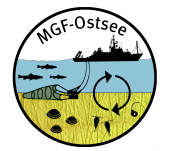
The MGF Baltic Sea research project offer the unique opportunity to investigate how benthic habitats and organisms develop after the exclusion of MGF in the future. For this purpose, the current state of the areas has to be examined and documented first as a reference, in order to investigate how communities, seabed morphology, biogeochemistry of the marine sediments and exchange processes between sediment and water column develop without further human disturbances. Such influences on MPAs and marine ecosystems have so far been understudied and the results provide an important basis for future management of the protected areas in the North and Baltic Sea. The scientific work planned in the projects follows a modern, interdisciplinary approach that includes all components of the ecosystem in order to assess the consequences of an MGF exclusion. The major task of the Cologne group is to investigate the impact on benthic heterotrophic protists.
Deep-Sea Biology
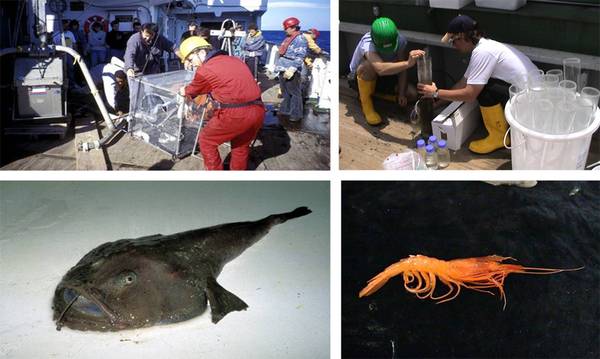
Marine systems form the largest part of the biosphere. Deep-sea bottom (depths larger than 1000m) covers more than the half of the earth surface. It is amzing how little we know about the biological processes and the biodiversity in this important ecosystem. Our research on unicellular eukaryotes during deep-sea expeditions is challenging since nearly nothing is known about their contribution to the deep-sea marine life.
Ecology and Diversity of Heterotrophic Protists
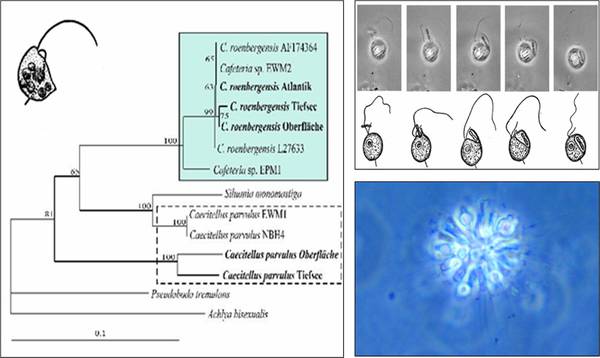
New tools of molecular biology allow a new understanding of community diversity, population genetics and phylogeny. We apply the most modern techniques to understand trophic interactions and phylogenetic relationships. One of our major focus is the study of protistan diversity and evolution in natural ecosystems (including the origin of metazoans) and the extent to which many protist species are distributed on our planet.
Theoretical Ecology and Chaos Research
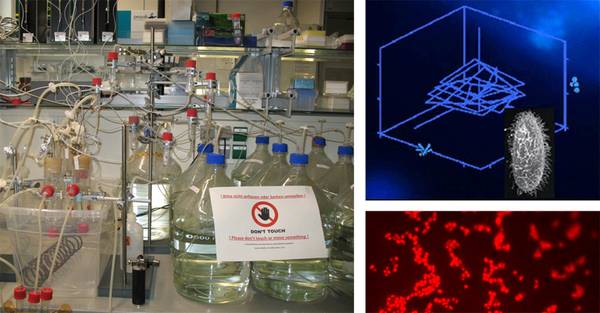
The recognition that even simple ecological systems have the potential for chaotic behaviour has made chaos a topic of considerable interest among theoretical ecologists. We use experimental systems to study the dynamic behaviour in the "real world". We use highly controlled microbial systems to study theoretical hypotheses in experiments. Using molecular tools, we also consider experimental evolution in such systems.
Polar Research
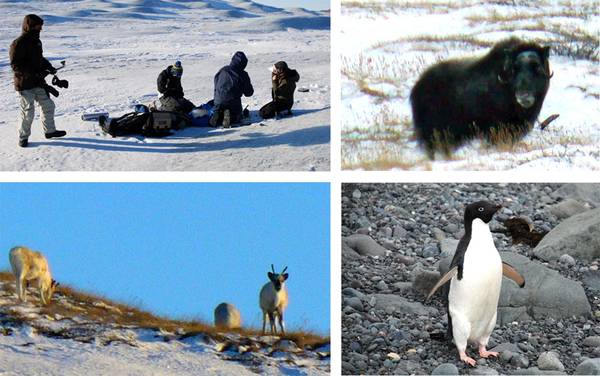
As polar regions are severely affected by global warming, the effects of rising temperatures in aquatic systems can be studied. The defined spatial and temporal separation of the polar regions offers the opportunity to study potential speciation and population genetics of protists. The global distribution and the ways of distribution are studied using ice and snow as archives and air as transport media. Among our sampling sites are Svalbard (Spitsbergen), Greenland and Iceland in the North as well as the Antarctic Peninsula in the South.